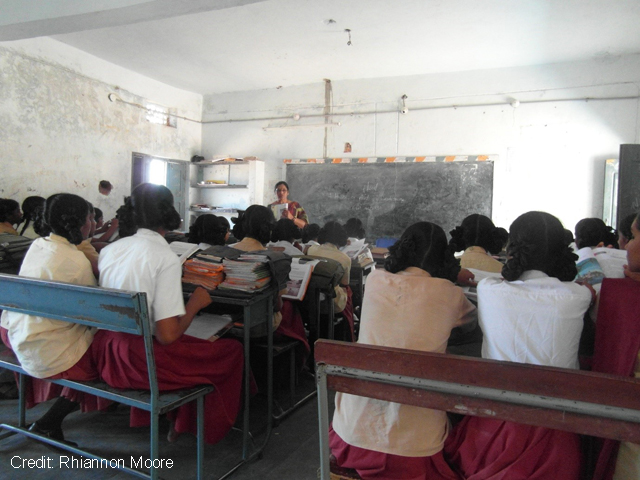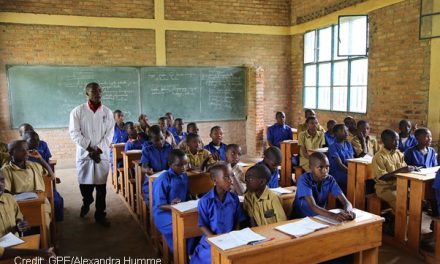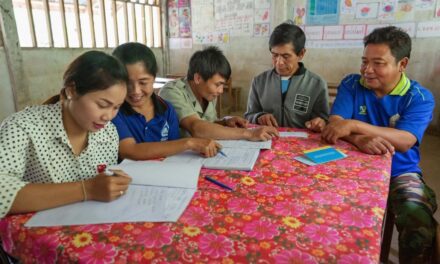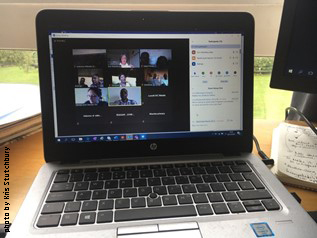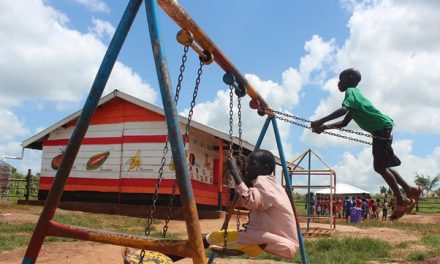This blog was written by Rhiannon Moore, PhD student at University of Bristol, Associate Lecturer with The Open University, and an associate of the Young Lives study. Her research looks at teachers’ working lives and motivations in two states in Southern India. *The quote in the title is from an interview with a teacher educator exemplifies the conflicting conceptualisations and expectations of teachers held by many in India.
There’s no denying that teaching is complicated. Teachers are making constant decisions, reacting and responding to the needs and aims of those in the classroom, their actions mediated by who they are, why they’re in the classroom, and how they got there. What’s more, while many of these complexities will be faced by all teachers, they are eased or exacerbated by the context in which they’re working. What expectations does the education system place on them? Are they supported or undermined by recruitment and employment policies? And how do others (people like parents, the local community, the media) conceptualise the job they do?
My PhD research explores some of these questions in relation to Southern India, where existing literature highlights the complex and challenging educational environment in which teachers work, while also identifying a number of ‘issues’ such as low levels of teacher motivation and high rates of absenteeism. In this context, this blog explores findings emerging from interviews with ten education stakeholders[i] to consider how teachers and teaching are conceptualised by others working within the education system, and what the implications of this might be.
“[Whether] it’s in the public school system or in the private school system, I would say for the vast majority of teachers, it’s not a very aspirational or satisfying profession today.”
This quote from a teacher educator highlights a consistent finding from these interviews: almost all perceive teacher motivation as being worryingly low. This is largely conceptualised as being the result of an education system which puts teachers in a difficult or impossible position: an ‘outcome’ of circumstance rather than an individual trait which teachers bring to the profession. Yet such a conceptualisation sits uneasily alongside a belief that most teachers did not enter the role with an intrinsic interest in teaching. Several stakeholders expressed the view that, for many, teaching was as an ‘easy option’ or ‘last resort’ career; as a result, there was an expectation that they would make little effort within the classroom.
“[The] teachers, they stay somewhere near the capital […] and all of them, they get into a van to get there in the morning, and they drive all the way, you know, so 60 miles to reach the school! And then again in the evening, all of them come back.”
However, despite these expectations, for the most part stakeholders did not connect low motivation with teacher absenteeism. Instead, as the above quote from a government official begins to explain, absenteeism was viewed as a parallel ‘outcome’ of the workings (and failings) of a system which places teachers in schools and communities far from their homes and families, with little support or monitoring from school leaders or other education officials. This situation was viewed to be further exacerbated by the failure of the pre-service training system to prepare teachers for the realities of the classroom, with poor quality training felt to limit teaching competencies, restricting teachers’ opportunities to see success in their classrooms and therefore to experience satisfaction from their role. This was then perceived to feed into low levels of teacher engagement, a shift in focus which frames teachers as additional casualties of the ‘learning crisis’ in Indian schools.
“[This] has probably been the year of teacher and teaching”
This suggests a fairly bleak picture emerging from these stakeholder interviews, outlining an education system which fails to support most teachers from the moment of their entry as trainee teachers. Perhaps notably, these stakeholders did not, for the most part, blame existing teachers for these failings. Instead, they highlight a combination of systemic factors as being at fault: inadequate pre-service training, a lack of support and monitoring, and limited career progression and rewards; indicating that these are the types of changes which stakeholders feel would help support meaningful improvements to teacher motivation, professional knowledge and classroom practice.
Yet alongside this bleakness, stakeholders were optimistic about the potential changes ushered in by more than a year of remote teaching following the Covid-19 school closures. As shown by the above quote from an NGO official, stakeholders spoke positively about how teachers had used the period as a time to gain new professional skills and think about learning in new ways, while remote learning had given parents greater insight into the nuance and challenge in a teacher’s role. This sense of the positive resounded through the closing stages of most interviews, suggesting a strong feeling that the pandemic was offering space for rethinking and reorganising the wider education system and an unparalleled opportunity for change as teachers and children prepare for a return to the physical classroom.
[i] Ten education stakeholders working with teachers at state or national level were interviewed as part of my PhD research between December 2020 – Feb 2021.

